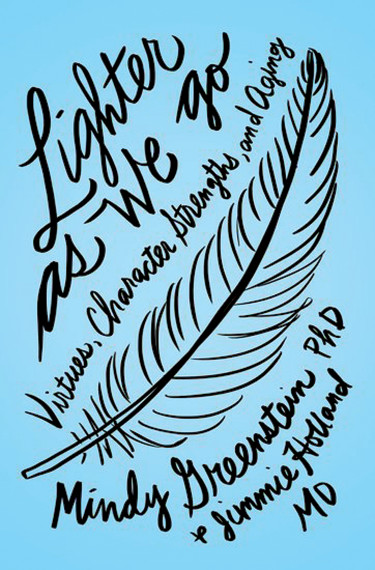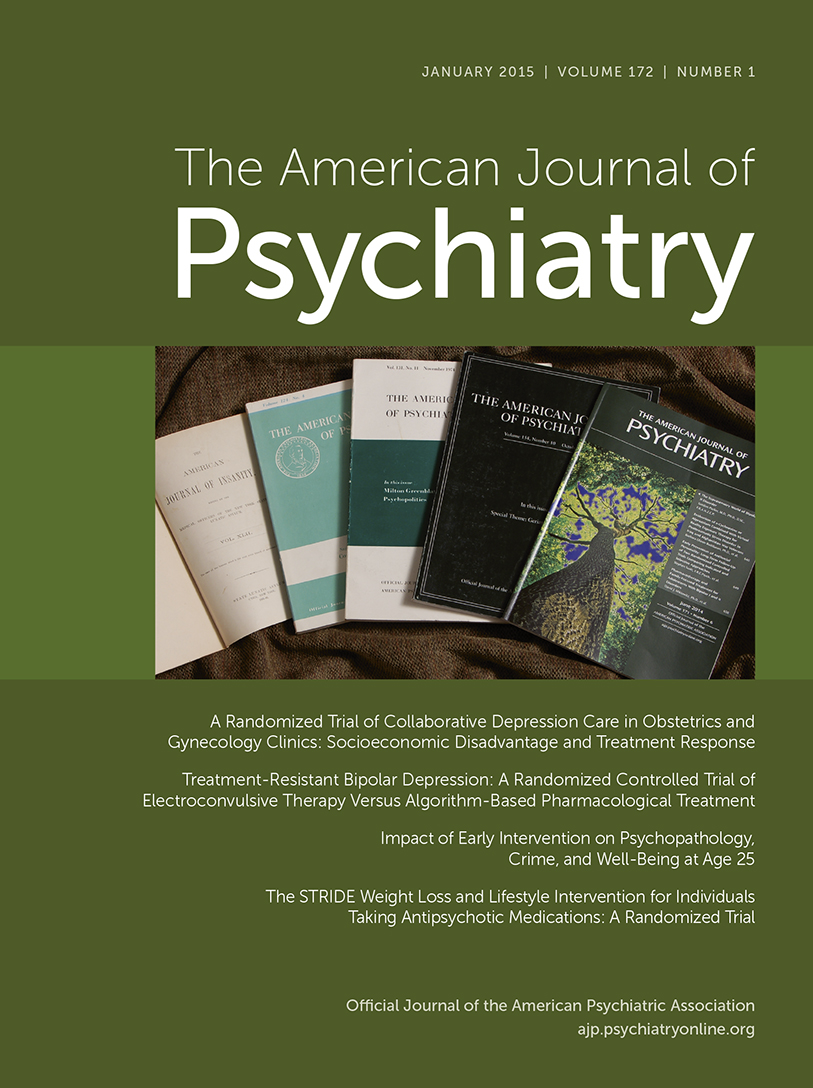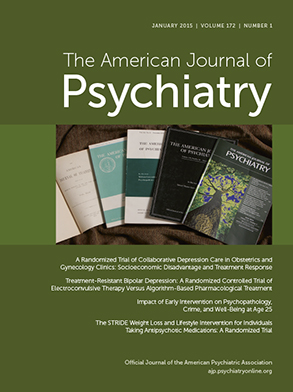I cannot think of a better time to read Lighter as We Go. We live at the dawn of the most serious sociological storms in recent history. A storm caused by our success in prolonging life. Improved finances, medical advances, awareness of risk factors, and availability of services have led to the steepest increase in longevity in history. Today, the number of older adults is 550 million. By 2040, this number will be 1.4 billion. This “silver tsunami” will overwhelm the health and mental health workforce. The needs of elders can only be met by changing models of care that would require involvement of the broader community, including the elders, their younger family members, and lawmakers. For such shift to occur, we need to change the way we see old age through a different lens. This charming book gives us this lens. In a nontechnical language, sociology and gerontology findings, historical facts, and views of physicians and philosophers from antiquity to the present time come alive as Drs. Greenstein and Holland, two master clinicians, weave them in the life stories of patients, people they knew, and their own autobiography.
Dr. Holland was the first to develop psychiatric services at Memorial Sloan Kettering Cancer Center and was joined by Dr. Greenstein and others. They both lived and learned from patients whose lives were threatened. Older adults have a short life expectancy. And yet survey studies across different cultures have shown that life satisfaction follows a U-bend, with high scores in adolescence and early adulthood, the lowest scores in midlife, and the highest scores in late life, especially between 82 and 85 years. In the book, “Kate,” a 75-year-old retired psychiatrist, tells us, “Life feels more straightforward. You just live it” (p. 22). The novelist Margaret Atwood explains, “Good judgment comes from experience. But experience comes from bad judgment” (p. 23). Elders have had a lot more years to learn from mistakes and chances to learn from them. Mandela started his life as a militant, and only a long, hard life enabled him to become the wise leader who kept post-apartheid South Africa together. The 70-year-old writer Eve Pell says, “I am no longer so pretty but not so neurotic either” (p. 32). The authors tell us that the U-bend is most relevant to younger adults because it frees them of the fear of what comes later.
A thoughtful history of ageism from antiquity to present days exposes its deep roots and gives us targets for change. Athens revered youth and beauty even though Aeschylus wrote the Oresteia at age 67, Pindar composed odes into his 80s, and Plato taught in the Academy until his death in his 80s. The authors draw a great deal of experience from the Vintage Readers Book Club, which they formed to help the fastest growing group of cancer survivors, the elderly. Cancer crystallizes the fear of dying, and aging crystallizes the fear of growing older and more infirm as the years go by. A central question for the authors and the Vintage Club has been “What is the best way to live?” Much of the book is devoted to virtues that can serve as guidelines for a good life. Transcendence (finding meaning beyond ourselves), humor (to overcome fear), humanity (readiness to help others), courage (“A ship in harbor is safe. But it is not what ships are built for.” [p. 125]), temperance (mastering others is strength; mastering yourself is true power), passing on to the new generations (“If I'd known how wonderful grandchildren were, I would have had them first.” [p. 199]), and wisdom (“We are not provided with wisdom … we must discover it after a journey … which no one can take for us.” [p. 143]) are discussed in a thoughtful and attractive way.
The book comes at a time when wisdom has begun to be empirically studied. A Delphi method study showed that experts thought of wisdom as an advanced experience-driven cognitive and emotional development that can be learned and increases with age. Wisdom was viewed as distinct from intelligence and spirituality. A neurobiological model proposed that it is within prefrontal structures where several wisdom subcomponents (emotional regulation, decision making, value relativism) are instantiated because the frontal structures regulate limbic and striatal regions. The lateral prefrontal cortex facilitates reason-based decision making, whereas the medial prefrontal cortex processes emotional valence and prosocial attitudes and behaviors. Reward networks encompassing the ventral striatum and the nucleus accumbens also play a role in promoting prosocial behavior. The discovery that neuroplasticity occurs in late life, and the view that our own decisions can alter the expression of risk genes and influence phenotype, led to proposals for a positive psychiatry of aging. This new psychiatry would focus on prevention, recovery, and promotion of successful aging, with interventions to enhance resilience, engagement, and wisdom. Lighter as We Go is both an inspiration for a positive psychiatry of old age and an enlightening call to the public showing how the elders are the repository of wisdom and the bridge to our successful past and add a critical dimension to the dynamism of the young.


